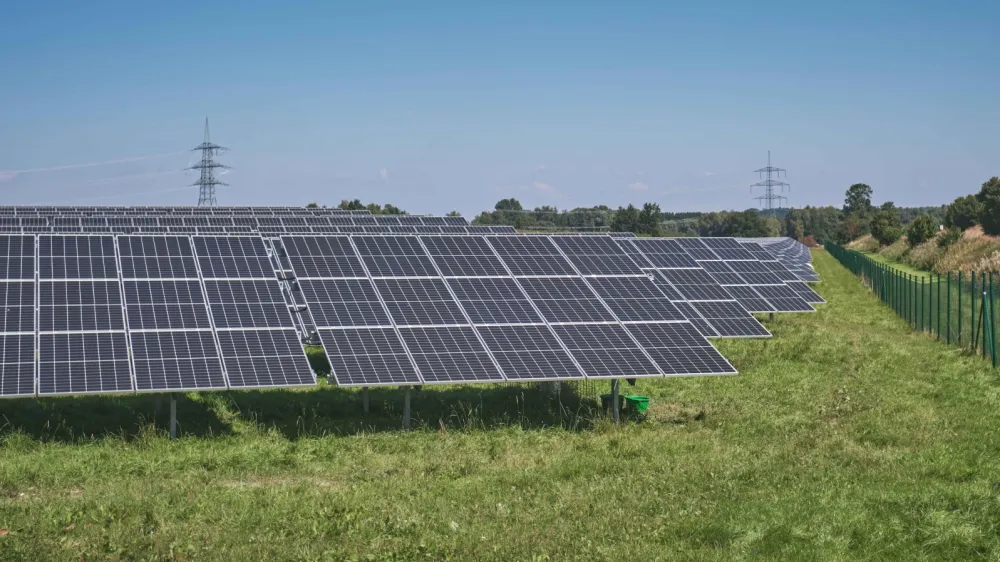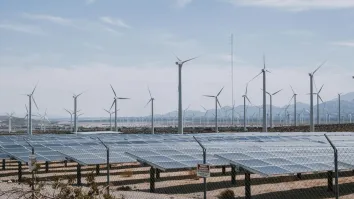The short-term impacts of liberalisation on the utility company
By Phillip VaughanLiberalisation is a market change with a relaxation of rules allowing new players to enter a market. Sometimes this is referred to as de-regulation.
Unbundling is a process often associated with liberalisation, which means the business is separated into two or more parts. Regulated utilities are usually vertically integrated where production, transport, and sales are all within the one company.
As the transport of electricity, gas, or water would require duplication of physical infrastructure, this part usually remains as a regulated business, whereas, the production and the sales side can be opened up to competition.
Unbundled companies can remain legally integrated, but usually there will be a timetable for legal separation due to possible conflicts of interest, especially between the transport and sales businesses.
Market change
Liberalisation of production, or generation, implies unbundling will occur. China began an initiative to reform its power sector in 1986.
In 2002 the State Council separated generation and transmission functions. In order to foster competition, the split created two grid companies and five generation groups.
Liberalisation of sales, or retailing, can occur at the same time or at a later. Often the liberalised generators will seek retail licences if the rules permit.
It generally requires the retail function to unbundle from the network function.
Although economic liberalisation is often associated with privatisation, the two can be separate. For example, the European Union has liberalised gas and electricity markets.
However, some of the leading companies (such as EDF and Vattenfall) remain in government ownership.
Liberalisation adds a great deal of complexity to the operating environment, because transactions take place between the retailer and the network. For example, a customer switch or a disconnection, are processes that require a series of hand offs between separate participants.
Liberalisation of electricity tends to benefit large industrial users, but benefits for domestic consumers compared with a public monopoly or a regulated private monopoly are questionable. There are also doubts over whether the system can ensure long-term security of supply.
There may not be sufficient incentives to begin building generation capacity in time for when it is needed.
For generation companies undergoing liberalisation, there is uncertainty over revenue and profitability. Before deregulation everything that is produced can be sold.
With liberalisation there needs to be a much sharper focus on operational variables. Understanding the cost base including capital, maintenance and operations, and key inputs like fuel costs is very important to profitability.
In a liberalised trading environment, variation in demand or supply can have a huge impact on market prices. The generator needs to align production and maintenance schedules to price expectations.
Retailers are wholly engaged in commercial sales and marketing. The first phase of unbundling is usually to set up a retail division, which is only responsible for new contracts.
Thus, they will run two different customer processes. After a time though, Retail will become responsible for all the customers.
Diversification
Government owned utilities tend to stay close to their remit. Much like a government agency, they stay within their framework of their origins.
However after privatisation, companies are free to enter new markets to grow and make more profit.
One way to diversify is to build on existing capabilities. For example, a distribution company could provide asset maintenance services, engineering construction services, or home electrical services.
Another way to diversify is to leverage existing assets, like renting duct space for telecoms cabling or power poles for advertising. A further step is to source additional products and services for upsell opportunities, such as appliances, solar panels, hot water systems, and insulation.
British Gas embarked on a process of diversification following privatisation in the 1990’s. At first it concentrated on its core capabilities, like its enormous call centre and billing operations.
It launched a credit card and acquired a roadside assistance service.
Though these businesses had some common operations, they were disconnected from the core energy retailing business. Subsequently, these businesses were retired.
British Gas then focused on developing a consistent brand, which centred on the “home”.
Now they market home automation, home security, including locks and alarms, boiler services, alongside the traditional appliances, solar panels to name a few.
Diversification is also a way to de-risk the business. For a private company there is always the chance that the license could be revoked. Many privately owned utilities are already part of larger business groups.
For example, many of the private utilities in the Philippines would fit into this category.
Conclusion
Once companies start to diversify and usually by this time they have been privatised as well, they really start to take on a different characteristic. We are starting to see more of these companies, like British Gas in the UK or Origin Energy in Australia, becoming more and more entrepreneurial and charting their own independent course.
The future for the industry is not clear but certainly promises to be an exciting one.
These issues will be discussed in greater detail at the upcoming SAP Asia Pacific Conference for Utilities (20-22 May, 2014, Singapore) with leading utility companies participating including Towngas, ENN, Shikoku Electric, Maynilad Water, DONG Energy, Malakoff, Meralco, and many more.




















 Advertise
Advertise





